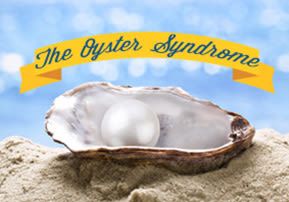
The Oyster Syndrome
How does such a gorgeous, valuable pearl emerge from filth and waste? From the lowest depths of muck and mire comes a symbol of beauty and wealth that women cherish...

Dear Racheli,
I just finished reading The Garden of Emuna, and for the first time, I am beginning to understand that Hashem is actually involved in my life in a very personal way. However, now that I see that I have lived my entire life with no spiritual meaning, I realize that I have an entire lifetime of transgressions that I need to fix. I feel that it is just too much and don’t yet believe that everything can be corrected. I'm overwhelmed. What can I do?
Thanks for reading, Marty
Dear Marty,
Welcome to the club! You think you’re the only one on this Earth who has racked up a spiritual debt that rivals the U.S. government’s insanely ballooning deficit? Don’t worry; you’re in good company. Even yours truly lived the life of a spiritual zombie and did lots and lots of things that I’m ashamed of. Just don’t tell my mother. She still thinks I’m perfect.
 Okay, so you’ve made a lot of bad decisions. Some of them might be unfixable in your mind. Here’s something you need to realize: if Hashem expected us to be perfect, He never would have given us free will. Did you know that angels have no free will? Neither do any of the lower creations. Every creation in existence, with the exception of humans, does exactly what it was created to do, without ever making one mistake. By giving us the ability to make choices, Hashem already knows in advance that many, if not most, of our choices will be the wrong ones.
Okay, so you’ve made a lot of bad decisions. Some of them might be unfixable in your mind. Here’s something you need to realize: if Hashem expected us to be perfect, He never would have given us free will. Did you know that angels have no free will? Neither do any of the lower creations. Every creation in existence, with the exception of humans, does exactly what it was created to do, without ever making one mistake. By giving us the ability to make choices, Hashem already knows in advance that many, if not most, of our choices will be the wrong ones.
But, that’s okay! There is a saying in Judaism that the cure was created before the disease; in this case, the cure is the Torah, our Divine guide to life. What’s the disease, you wonder? I call it “Oyster Syndrome.” Its symptoms are characterized by spiritual laziness, amassing tremendous amounts of filth, and blending into the environment to the point of losing one’s higher thinking faculties.
The oyster is an amazing creature that can teach us much about life in general, and teshuva in particular. We know that the oyster is a slow-moving creature, spending much of its life nearly immobile with its mouth slightly open, absorbing whatever filth and sediment that floats by. It doesn’t filter out the good from the bad; it accepts whatever comes its way equally. For the oyster, everything it receives is good. Maybe the oyster is the reincarnation of a Liberal. Serves ‘em right…
Most of us Baal Teshuva’s (BT’s) can relate to the oyster, as we lived pretty much the same way. We, too, suffered from lack of higher consciousness, not having exploited our infinitely capable brains for anything more than low-level, self-serving opportunities. Just like the oyster, many of us floated through life without a concrete goal and defined path in which to reach that goal. When we weren’t floating, we were definitely immobile, sitting on the couch with our brains readily absorbing all of the garbage that TV and movies have to offer. Unfortunately, our spiritually unmotivated and generally lazy lifestyles enabled us to gather monumental amounts of garbage.
But here’s the amazing part: Hashem, in His infinite lovingkindness, has enabled us to turn our transgressions into merits! It’s true! In the Gemara, Tractate Yoma, Reish Lackish, a BT himself, explains. When a person makes teshuva because he’s scared of punishment, this is called low-level teshuva. It’s a good and necessary starting point for everyone. It shows us that we are beginning to internalize that there are consequences for our behavior, and we also realize that there is a God Who is involved in the world.
Teshuva from fear turns your willful transgressions into accidental ones, and therefore you will have to pay a lesser penalty. Already that’s an amazing mercy from Hashem.
The next level is teshuva from love. Reish Lackish explains that teshuva from love turns a person’s willful transgressions into his merits!! Pssshhhhttt! Yo! Dat’s da bomb!
How is this possible? Let’s go back to our lazy, good-for-nothing oyster that spends his entire life as a marine garbage collector. The fact is that after many years of collecting filth, what does it have to show for itself? A beautiful, shiny pearl!
Marty, does this make any logical sense? How does such a gorgeous, valuable pearl emerge from filth and waste?? From the lowest depths of muck and mire come a symbol of beauty and wealth that women have proudly worn for ages! This is the power of teshuva!
With teshuva from love, we can, without a doubt, transform even the worst transgressions into our greatest merits!
Rav Shalom Arush explains that our lives are one long war. We have an enemy fighting against us at all times, whether we’re aware of it or not. This enemy is our evil inclination. For most of our lives, he has had complete control over us, and we have lived on a type of auto-pilot. He’s much smarter and stronger than us, and without Hashem’s help, we can never defeat him.
So how do we go about getting Hashem to help us win the war? We need to have emuna and gratitude for absolutely everything! Thanking Hashem for everything in our lives not only makes us really understand that everything is for our best, but it helps us fix what we’ve messed up!
One of Rebbe Nachman’s most famous quotes is: “If you believe that you can destroy, then believe that you can fix!” The way to fix everything is by doing teshuva with love!
Marty, get yourself a copy of Rav Shalom Arush's (translated by Rav Lazer Brody) CD, Teshuva from Love. This is a wonderful, simple guide to help you make teshuva the right way. Also read Rav Arush’s The Garden of Gratitude. You’ll learn in detail how vital gratitude is to attaining every blessing in life.
Wishing you a path of ever-increasing joy, awareness, and connection with Hashem, amen!





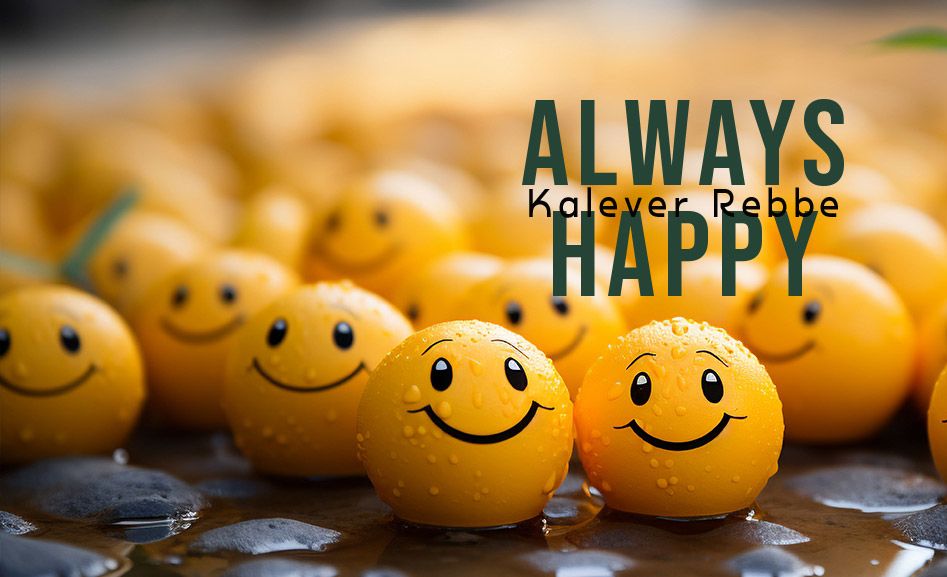

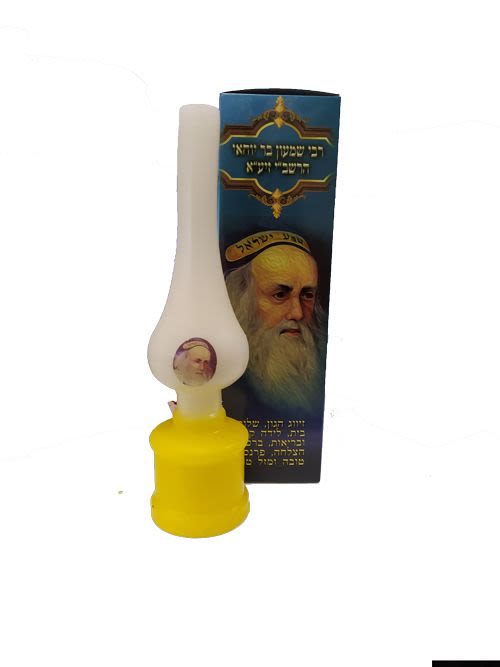

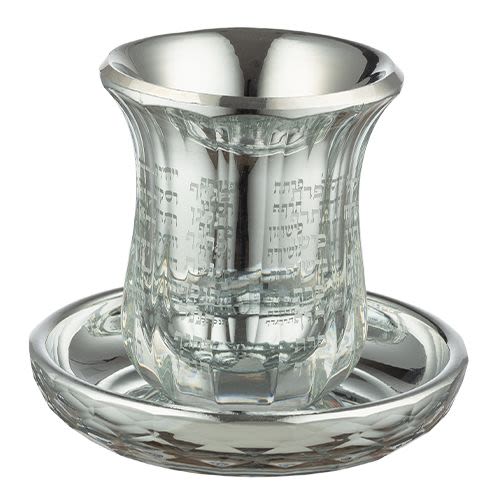

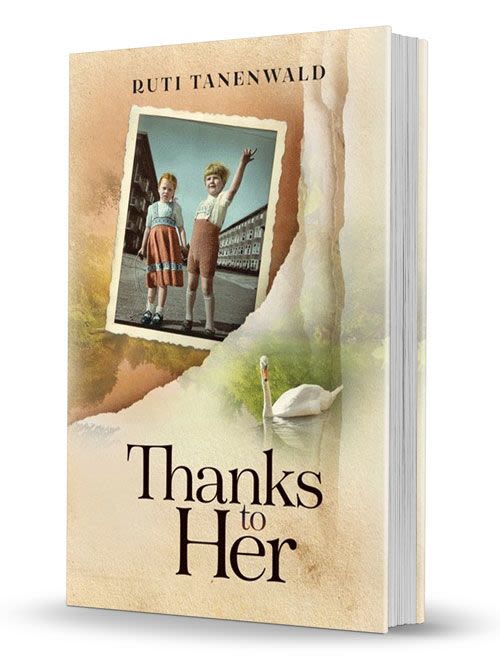
10/12/2015
Great analogy
10/12/2015